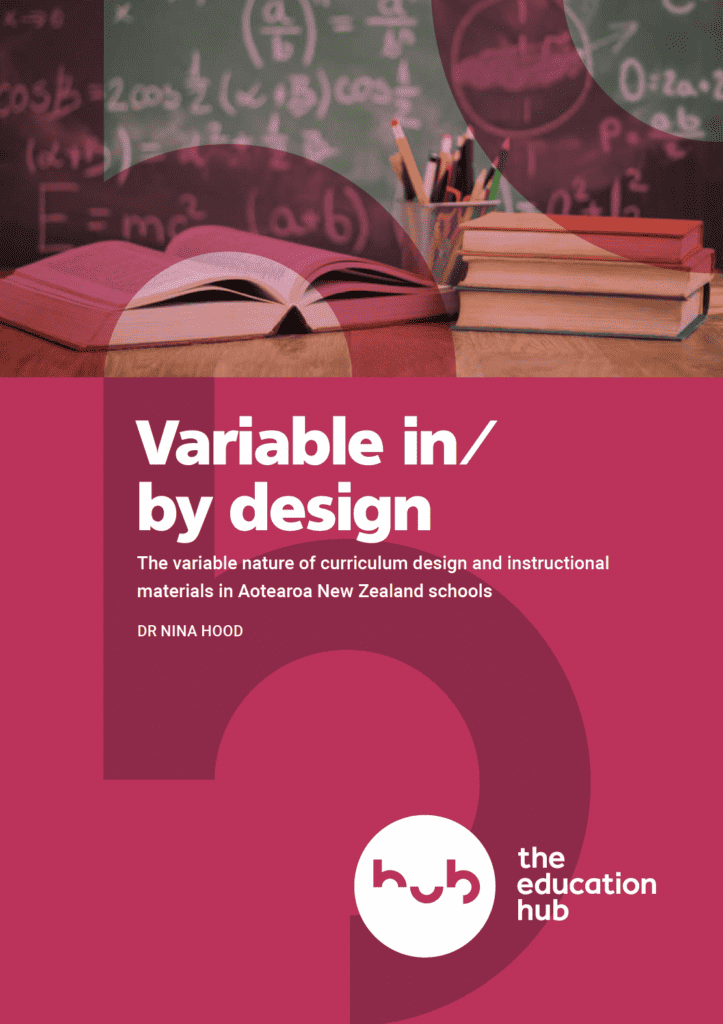
The variable nature of curriculum design and instructional materials in Aotearoa New Zealand schools
This report draws on survey data from 523 New Zealand school teachers to explore how teachers conceptualise the role and impact of curriculum design, their approach to curriculum sequencing and progressions, teachers’ curriculum expertise, and the factors influencing what is taught in schools.
It further examines the practices surrounding instructional materials in schools, the sharing of instructional materials, how teachers approach and perceive quality control, and where teachers source instructional materials. Uncovering the processes and practices around curriculum design and instructional material development and use, enables the report to raise questions about the quality of what is happening in schools and to identify issues that need to be investigated further if our aspiration as a country is an education system that is both excellent and equitable.
The report is not attempting to suggest that there is one “right” way to approach curriculum design and implementation in schools. Rather, it considers whether foregrounding notions of quality (based on what the evidence tells us about the principles of effective curriculum design and what constitutes high quality instructional materials) might be a more helpful lens for exploring questions related to curriculum design and instructional materials in schools. It further considers whether such a focus on quality might still enable diversity and plurality while decreasing some of the variability in both opportunities and outcomes that affect our schooling system.
Additional resources

Curriculum design in schools report webinar
This panel discussion will explore the key ideas, questions, and recommendations raised in the report
